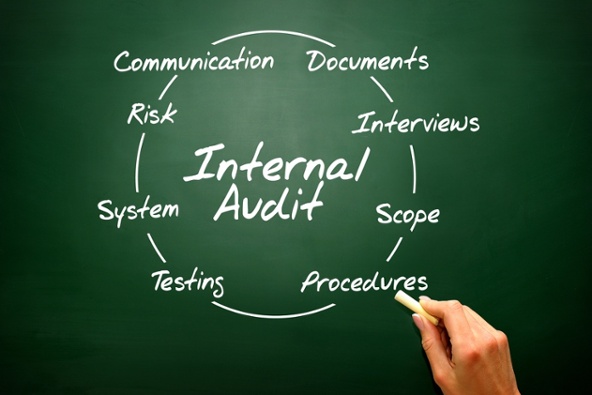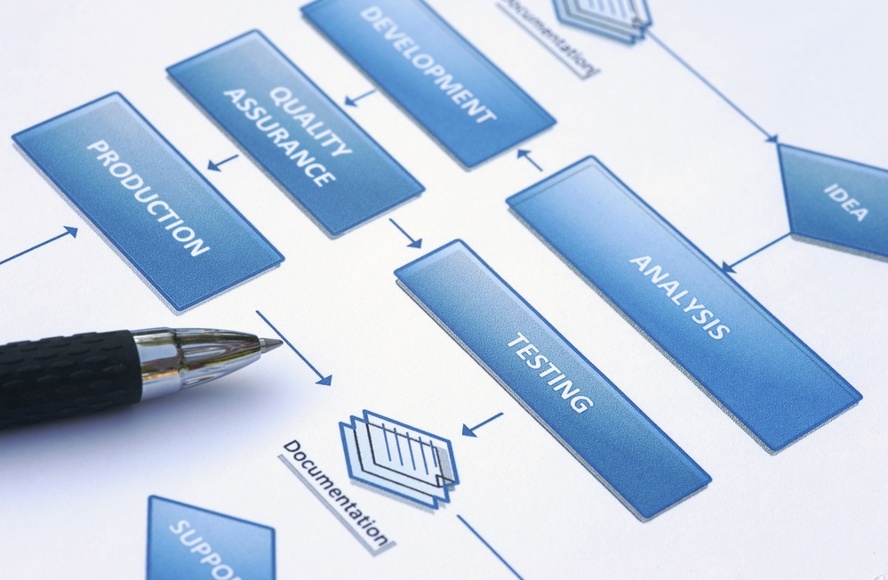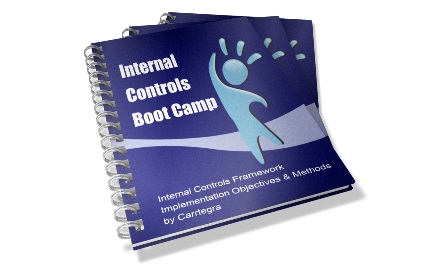Your organization may incur the situation where an internal review needs to be conducted to support external auditors, an operation audit to ensure the effectiveness of the operations, a compliance audit to make sure your organization is in compliance with policies or regulations, or a fraud investigation that needs to be confidential.
The Internal Audit Process
The Importance of Internal Controls in Accounting
Gathering Relevant, Reliable Evidence for Testing Internal Controls
How to Test Your Internal Controls
Segregation of Incompatible Duties
Not All Internal Control Risks Should Be Mitigated
Internal Controls Boot Camp
Internal Control Risk Assessment

We have discussed the Control Environment in a previous blog. This blog will address Risk Assessment.
Businesses face a wide range of risks, including industry risk, strategic risk, operation risk, compliance risk and financial risk. Some risks are relatively significant, which may cause loss of profits or even bankruptcy. A classic example of industry risk is when film giant Kodak filed for bankruptcy after consumers embraced the newer technology of digital cameras and the film era ended.
What Is Internal Control Environment?

Before discussing internal control environment let’s briefly review the definition of internal control.
COSO (The Committee of Sponsoring Organizations of the Treadway Commission) defines internal control as a process, effected by an entity’s board of directors, management and other personnel, designed to provide reasonable assurance regarding the achievement of objectives.
Fraud Risk in Internal Control System

Internal control risks in business include the lack of sound internal control environment, poorly designed business processes, IT security risk, integrity and ethic risk, human errors and fraud risk.
The ACFE (Association of Certified Fraud Examiners) uses the fraud triangle as a model for explaining the factors that cause someone to commit occupational fraud.
- 1
- 2







